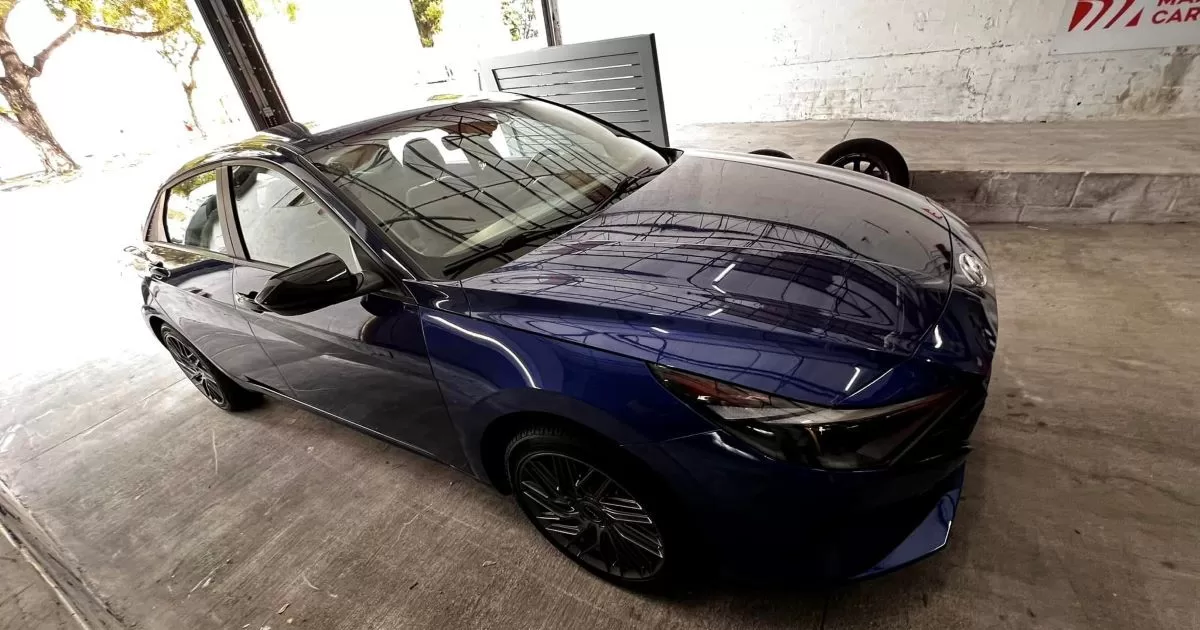The information was provided by Alejandro Cantón, director of the company Maravana Cargo, which is based in Hialeah and has a license granted by the US Department of the Treasury to send items and equipment of all types to Cuba, including cars.
In a video posted on the company’s Facebook page, Cantón explained that clients frequently ask him about the cost of sending a car to Cuba for a family member or friend residing there.
Maravana Cargo charges an average of $8,000 for shipping vehicles, which must be from 2019 onwards and must have already been paid in full. “It can’t be a self-financed car.”
The price Maravana Cargo charges includes a base cost of just over $6,000, which includes freight, insurance and other items. Added to this is a percentage, which is negotiated with the client, on what the client paid for the vehicle.
Regarding the cost in Cuba, Cantón said that it was “very complicated to define it” and clarified that the company must send all the information about each car to the Island.
“Every car has a different mileage, a different price, a different model, a different year,” he explained.
Luxuries and excesses
Once Maravana Cargo sends all that information to Cuba, which must include photos of the vehicle, they receive a price back and show it to the customer so they can decide if they want to proceed with the shipment.
“If you like the price that Cuba gives, you go to your bank account at MLC, which has already been accredited first, which we already talked about in previous videos, and then you pay for that car.” After making the payment, the customer notifies Maravana Cargo and the company makes the shipment. As Cantón explained in other videos, the vehicles take two to three weeks to arrive in Cuba.
In their experience, the prices charged by the Cuban side for imports are between 20,000 and 56,000 dollars.
“Cars have come that have been valued at $20,000 and up to $56,000. That depends, of course, on the model, the range and the quality of the car. But those have been the ranges in which we have sent cars,” said the director of the company, who claimed not to know what requirements Cuban Customs takes into account to set a price.
Several users pointed out that the Cuban regime charges an excessive price, even higher than that of the vehicle.
“Even on the company side, everything is fine, and when Cuba sets its super speculative prices, that’s where the problems begin. It’s a really good explanation,” said Yassel Arencibia.
“The story is that you have to pay about 30,000 (to) send a car; what criminals,” wrote Raphael Rop.
“I don’t understand how the Cuban importers are going to charge over $30,000, to mention the Jeep, when they don’t spend anything on that car arriving at a Cuban port. What they really are is abusers,” said Alexander García.
Among the comments on other Canton publications, in which it shows how cars are loaded in the United States and the reception in Cuba, several users considered the exports carried out by Maravana Cargo as evidence that the “blockade”, to which the regime of Havana is responsible for all the hardships that Cubans face, it no longer exists.
“Hooray, how good, the blockade is over. Congratulations and blessings to all Cubans,” wrote Myke Rey. Manuel Padrón seconded him, stating that “the blockade is over.”
Exports to Cuba
Although the regime blames the US embargo for the lack of food, fuel and other basic resources that Cubans face, the US is today the sixth country with the highest volume of exports to the Island, as revealed by the Cuban Statistical Yearbook for the year 2022. , with figures made public by the state National Office of Statistics and Information (ONEI).
Furthermore, the embargo does not affect basic necessities, food and medicine.
The company responded to several questions about sending cars to Cuba despite the US embargo, stating that these are vehicles sent to individuals by their relatives and not dealings with the island’s regime.
However, some users considered him an accomplice of the regime, which makes an enormous amount of money for each imported car.
Alex Pérez Román pointed out that the company, although authorized by the Treasury Department, “is doing business with the dictatorship” because “everything is controlled by the Government.”
Among the comments there were also reminders of the fuel shortage in Cuba. A user recommended Maravana Cargo to send gasoline in addition to cars.
Source: CUBA DIARY



